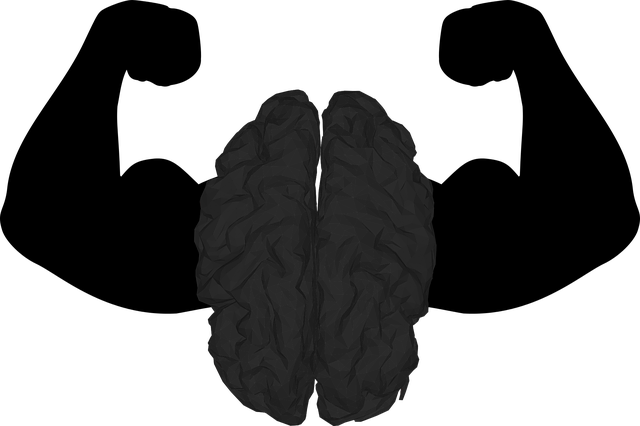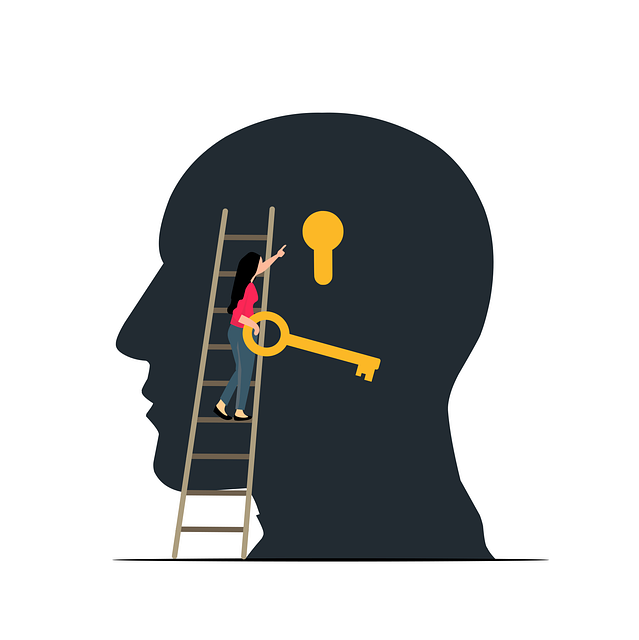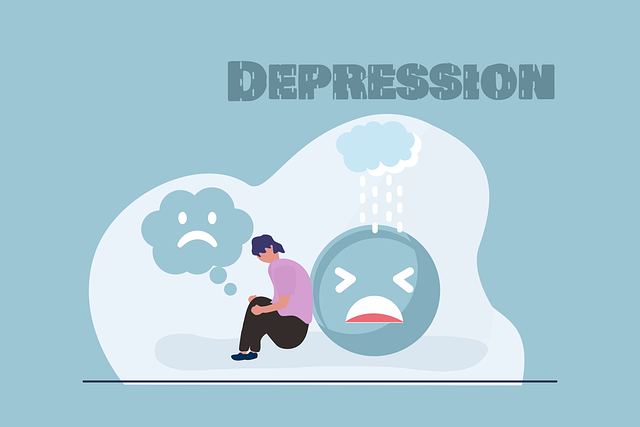Mental health challenges among young adults are on the rise due to academic pressures, social media influence, and peer dynamics, with limited access to specialized therapy and support systems. Technology's increased screen time contributes to growing concerns. To address this, mental wellness apps tailored for adolescents and teens, emphasizing evidence-based practices like CBT, self-assessment, and community forums, are needed. Privacy, security, and ethical considerations, including robust data protection and cultural competency, are crucial for these apps' success. Innovative digital tools offer engaging alternatives to traditional therapy, focusing on resilience, stress reduction, and prevention of mental health disorders. Integration with healthcare systems and podcast series can further enhance access and awareness.
Mental wellness apps have emerged as powerful tools in addressing the unique mental health challenges faced by young adults and adolescents. With a growing market gap between existing apps’ limitations and the specific needs of teens, there’s a pressing need for innovative solutions. This article explores essential features, privacy considerations, and potential impacts, offering insights into developing effective therapy apps tailored to adolescent and teen users. Discover how these apps can revolutionize mental health support in today’s digital age.
- Understanding Mental Health Challenges Among Young Adults
- Market Gap: Existing Apps and Their Limitations for Adolescents
- Essential Features for a Therapy App Targeting Teens
- Privacy, Security, and Ethical Considerations in App Development
- Potential Impact and Future Directions for Adolescent Mental Wellness Apps
Understanding Mental Health Challenges Among Young Adults

Mental health challenges among young adults have become a growing concern in recent years. This demographic faces unique pressures, from academic expectations to social media influence and peer dynamics, which can significantly impact their well-being. Many young people struggle with anxiety, depression, stress, and other mental health issues, often without access to appropriate therapy for young adults or adolescent and teen support systems. Understanding these challenges is crucial for developing effective interventions and tools that cater to this specific age group.
The rise in screen time and the constant connectivity offered by modern technology have also contributed to a rise in mental health concerns among adolescents and teens. As such, there’s a pressing need for innovative solutions like mental wellness apps, which can provide accessible and personalized self-care practices tailored to address common issues faced by this population. Risk management planning for mental health professionals is another vital aspect that must be considered to ensure the well-being of both practitioners and their young clients, fostering an environment conducive to open discussions about mental health.
Market Gap: Existing Apps and Their Limitations for Adolescents

The current market landscape of mental wellness apps offers a range of tools catering to various demographics, yet there remains a notable gap in resources designed specifically for adolescents and teens. While many apps focus on adult populations, the unique psychological and social challenges faced by young adults often go underserved. Existing platforms may provide general stress management techniques or mindfulness exercises, but they rarely delve into the specific issues that significantly impact this age group, such as peer pressure, academic stress, and identity formation. This absence of tailored solutions underscores a critical need for apps that not only cater to adolescents’ needs but also integrate evidence-based practices like cognitive-behavioral therapy (CBT) and mindfulness techniques specifically adapted for their developmental stage.
Furthermore, the limitations of current apps are exacerbated by the lack of integration between digital tools and traditional mental health services. Adolescents and teens who require more intensive support may not always have access to specialized professionals or comprehensive risk management planning. Incorporating features that facilitate collaboration between app users and mental health providers could bridge this gap. By emphasizing Mind Over Matter Principles and promoting self-assessment, these apps can empower young adults to take charge of their mental wellness while also providing a safety net for those who may be struggling with more severe issues, ultimately fostering greater confidence and resilience.
Essential Features for a Therapy App Targeting Teens

In developing a therapy app targeting young adults, adolescents, and teens, several essential features stand out to enhance user engagement and effectiveness. Firstly, integrate interactive Mindfulness Meditation sessions tailored for their age group, addressing the unique challenges they face in today’s fast-paced world. These sessions should incorporate engaging visuals and audio cues, making meditation accessible and appealing without feeling like a chore.
Additionally, include tools focused on Self-Esteem Improvement and Empathy Building Strategies. Features like mood trackers, journaling prompts, and interactive exercises that encourage self-reflection can empower teens to develop a healthier sense of self. Empathy-building activities, such as perspective-taking scenarios or community forums where users share experiences, foster a supportive environment, promoting understanding and connection among users.
Privacy, Security, and Ethical Considerations in App Development

In the realm of mental wellness app development, prioritizing privacy, security, and ethical considerations is paramount, especially when targeting young adults, adolescents, and teens who may be navigating sensitive issues related to their mental health. Users must feel confident that their personal data is protected and used responsibly. Secure data storage, end-to-end encryption, and transparent data-sharing practices are essential components of building trust with users.
Additionally, developers must adhere to ethical guidelines when crafting therapy apps for this demographic. This includes ensuring age-appropriate content, integrating evidence-based practices and conflict resolution techniques, and promoting cultural competency among healthcare providers featured in mental wellness podcast series production. By addressing these privacy, security, and ethical aspects, app developers can create a safe digital environment that encourages open conversations about mental health while fostering effective support for young users.
Potential Impact and Future Directions for Adolescent Mental Wellness Apps

The development of mental wellness apps specifically tailored for adolescents offers immense potential to improve young adults’ access to support and self-care resources. With increasing rates of anxiety, depression, and other mental health disorders among teens, these digital tools can provide a convenient and accessible alternative to traditional therapy. Apps designed with adolescent and teen users in mind may incorporate engaging features like gamification, social connectivity, and personalized content to encourage regular use. By offering coping mechanisms, mindfulness exercises, and virtual communities, such apps have the potential to boost resilience, alleviate stress, and prevent burnout among young people.
Looking ahead, future developments could explore integrating evidence-based therapeutic techniques, leveraging artificial intelligence for tailored recommendations, and incorporating real-world activities that promote mental wellness. Moreover, the integration of mental wellness apps with existing healthcare systems, as supported by Burnout Prevention Strategies for Healthcare Providers and Mental Health Policy Analysis and Advocacy, could streamline access to care. Additionally, producing a Mental Wellness Podcast Series Production focused on adolescent mental health can help raise awareness, dispel stigma, and provide valuable insights into emerging trends and best practices in the field.
The development of mental wellness apps targeting adolescents and teens is a promising step towards addressing the growing mental health challenges among young adults. By understanding the specific needs and limitations of existing apps, we can create innovative solutions that offer effective therapy for this demographic. Essential features, privacy considerations, and ethical guidelines must be carefully integrated to ensure these apps provide a safe and supportive environment for users’ emotional well-being. As technology advances, these mental wellness apps have the potential to revolutionize access to care, offering guidance and support to teens navigating their emotional journeys.










